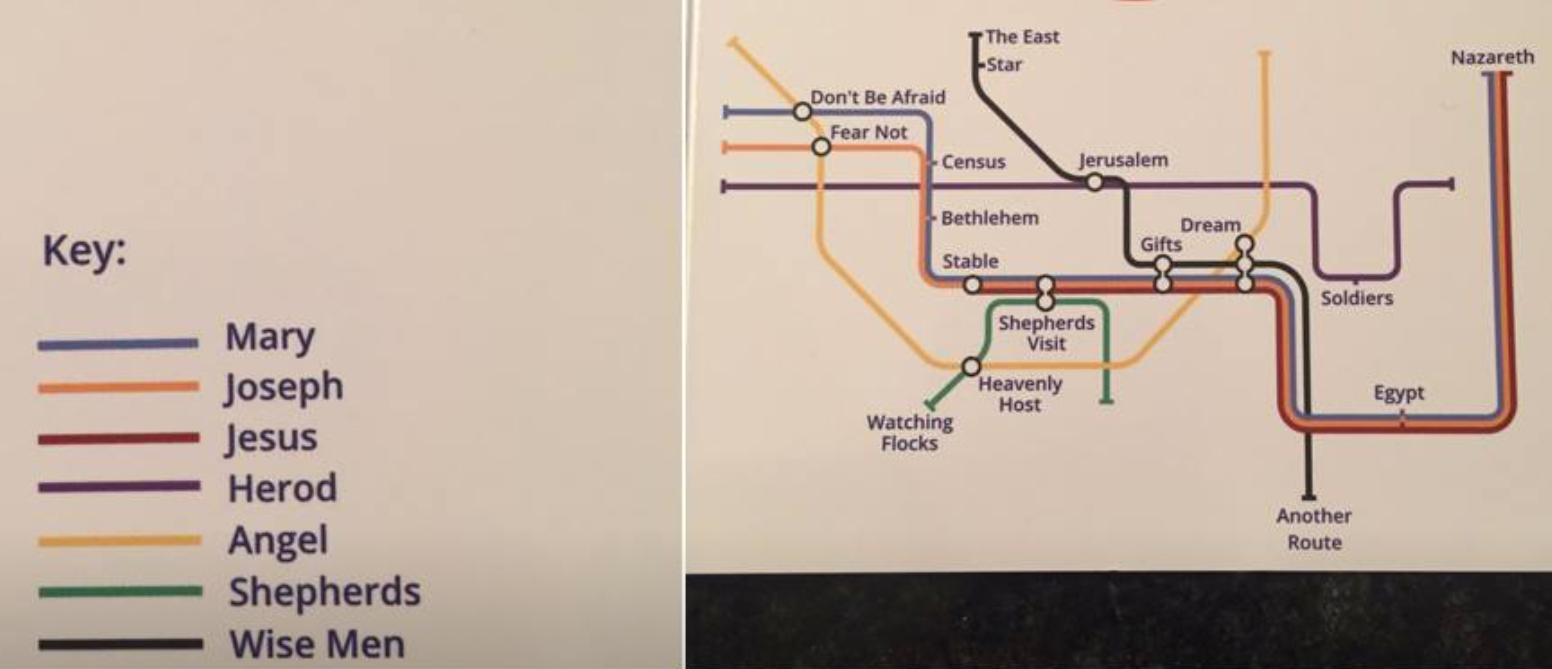
We approach the last week of Advent for 2020, when time rushes onwards, with sprouts to peel, sausages to wrap with bacon, and a bird to be stuffed. Perhaps that might really resonate with us today. It also took a long time for the Magi to arrive at Jesus’ side. Here we look at Matthew’s Nativity (Matthew 1:18-2:23). Compare it with Luke’s account.
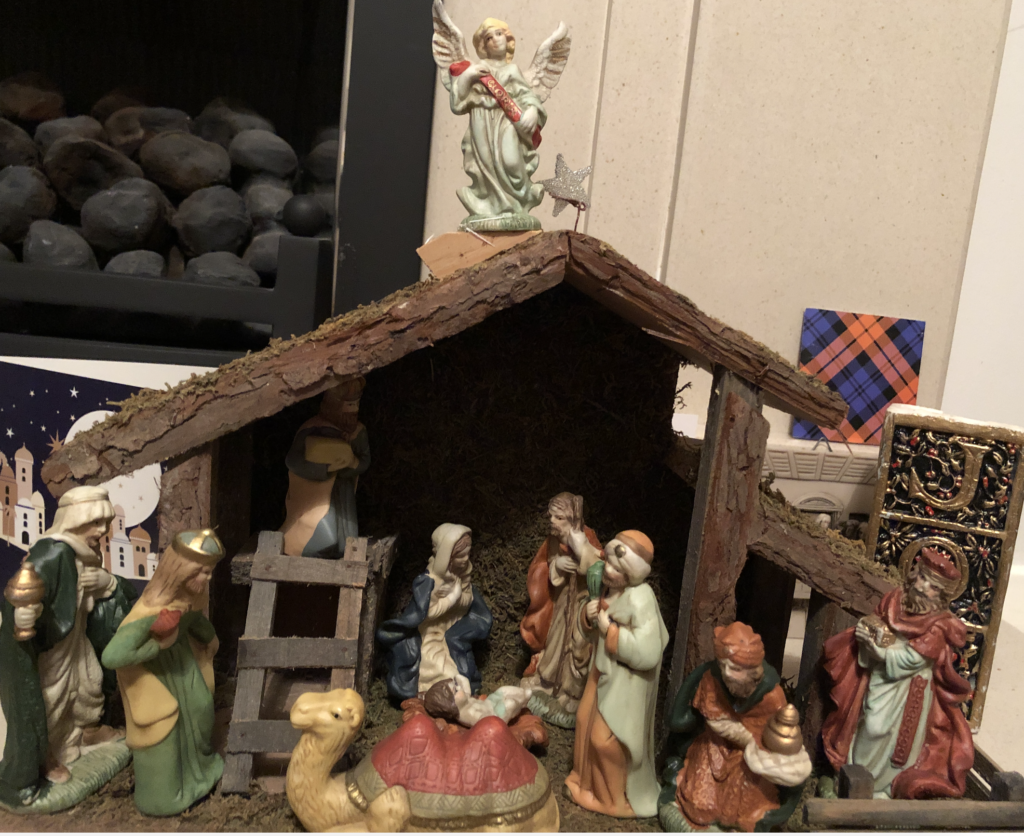
Joseph
Don’t you feel that Joseph gets a rough deal at Christmas Nativities?
He gets a walk-on part where the Angel speaks with him – but he doesn’t respond, according to Matthew. Joseph has to think about his betrothed’s news that she is pregnant. He then takes her from Bethlehem to Egypt and after a fair time, onto his home town of Nazareth, contrary to the Angelic instructions. He’d make a great TV soap character. He’s also someone whom we might just meet down the street – and that’s the point. Perhaps that might really resonate with us today.
Betrothed
Here Joseph, betrothed to Mary, is informed that she is pregnant. In Luke 2:5 we read that he is “betrothed‘ albeit different translations offer different interpretations. The English Standard Version (ESV) uses “betrothed,” an archaic Middle English word. The New Revised Standard Version (NRSV) uses “engaged,” whilst the New Living Translation (NLT) says “fiancée.” In Matthew 1:18 Joseph is engaged to Mary, but he is encouraged by the Angelic visitor to go on and marry Mary (Matthew 1:20).
Given that he had to remain away from her for a year as part of this betrothal, that she has been away to see her cousin for 3 months, and now to hear that she is ‘with child’? We are told that he ponders this – albeit the same word in the Greek is used when Herod ‘rages’ later in the story.
Joseph might have been tussling with the Deuteronomic law (Deuteronomy 22:23) that the legal issues surrounding an engaged woman having illicit sexual relations. How people might have started talking about Mary…either Joseph is to be stoned or both of them! But in the Book of Hosea we read that God, speaking of Israel, “will take you for my wife forever” (Hosea 2:19). Is Matthew alluding to the way that God will always support Israel? People having children out of wedlock…Perhaps that might really resonate with us today.
Zechariah
In Matthew 1:21 there’s an interesting addition to the text used in Luke’s Gospel about the words from Zechariah (Luke 1:70-71). Whereas after years of oppression by the Persians, Greeks and now the Romans, there’s a shift from the emphasis upon “those that hate us” to that which is transformed to “save people from their sins” . All people…the Jesus message of love for all is starting to emerge.
Just Mary ponders the news from the Angel, Joseph tackles this news. Often in Nativity plays it is a mere statement – would it be for us? Perhaps that might really resonate with us today.
What to call the baby?
The Angel says to call him Immanuel (God with Us); but Joseph names him Yesua, which in Hebrew would refer to “to rescue, to save“, for Jesus is the Messiah. The English name Jesus derives from the Late Latin name Iesus, which transliterates the Koine Greek name Ἰησοῦς Iēsoûs. It also reinforces Joseph’s link to the lineage as reported in Matthew 1:1-16. Jesus was “of God” but Joseph was to be known as the father. The issues of parenthood…perhaps that might really resonate with us today.
Also a wise comment from Bart Ehrman:”In Catholic doctrine, the miracle allowed Mary to be born without a sin nature, so that when she bore Jesus later in life, he would not inherit one. It is the birth of *Mary* — not of Jesus — that is called the “immaculate conception.” Her mother Anna conceived a child without a sin nature, hence it was an “immaculate” conception. “
With regard to who was Mary’s Mum & Dad: Ann and Joachim – more details are here.
Magi…Wise Men…Three?
Whereas Luke’s audience is the Gentiles, and he introduces Jewish Shepherds to greet the baby; Matthew, whose audience is predominantly Jewish, introduces Gentile Magi to Jesus: interesting twist!
They came from the east, but where from?
If you are living in Israel, then “the east” might refer to Persia, Babylonia, Parthia (Iran/Iraq) or the Jordanian deserts. But if you lived there and the star rising in the East, why would these clever fellows go west to Jerusalem? Why not to India?
Kenneth Bailey, Jesus Through Middle Eastern Eyes, p.52
And they numbered three comes from myths emanating 5 centuries later.
In the Greek ‘the east’ can also be interpreted as ‘in the rising’, which offers a different perspective…literally.
Drawn from this article
The ‘Star of Bethlehem‘ is to re-occur again this year – 21st Dec in the UK. But this is formed by the conjunction of Jupiter and Saturn and actually occurs every 20 years or so. Does it matter?
They brought great gifts. The gifts are legendary: gold for kingship, frankincense as a symbol of a priestly role and myrrh prefiguring his death and the anointing of his body. Gold was often mined in Arabia, Sheba and Ophir.
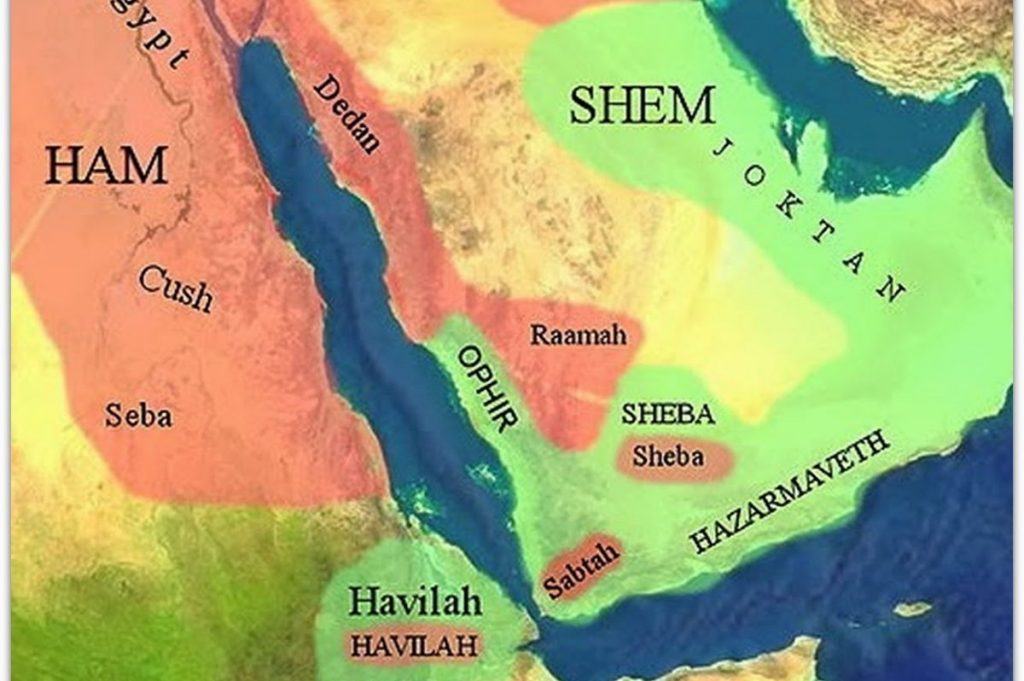
In Isaiah 60:6 it speaks of gold and frankincense brought from Midian and Ephah (Northern Arabia) and Sheba (Southern Arabia). “The value of frankincense and myrrh exceeded that of gold in Roman times, so the gifts were precious, and in keeping with tradition for rulers and gods“. Back in 243 BC King Seleucus II Callinicus offered to the god Apollo at the temple in Miletus: it was a traditional thing then. What might we have appreciated?
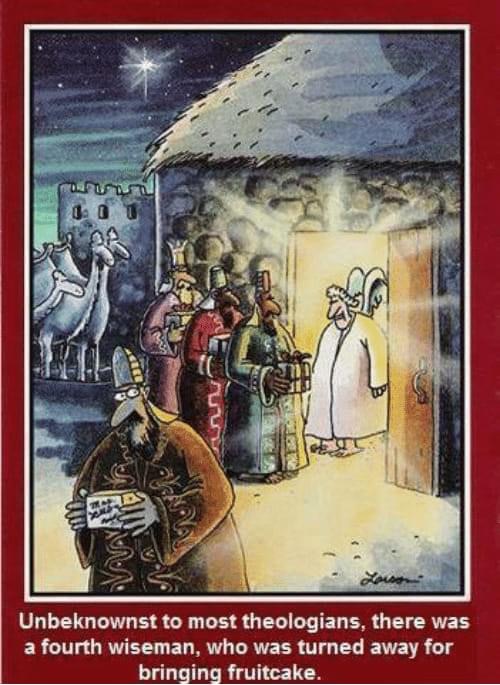
Herod – Boo!
He was a complicated person. Due to where he grew up in Idumea, in Arabia, he was racially an Arab; but also an unwilling Jew, mainly because when Hyracanus invaded a century earlier, he insisted upon it. Culturally Herod was a Greek, seeking to give Jerusalem a Hellenic influence. He was politically a Roman, one who curried much favour with Caesar Augustus and Mark Anthony.
His home life was equally complicated. He had ten children but found that some of them were keen on power as well; hence two of them were killed. He also had Mariamne, his favourite wife, killed. QI knowledge: his first wife was called Doris.
Would he be the favourite relative to invite around for Christmas Dinner? Perhaps not in the Christmas bubble this year…
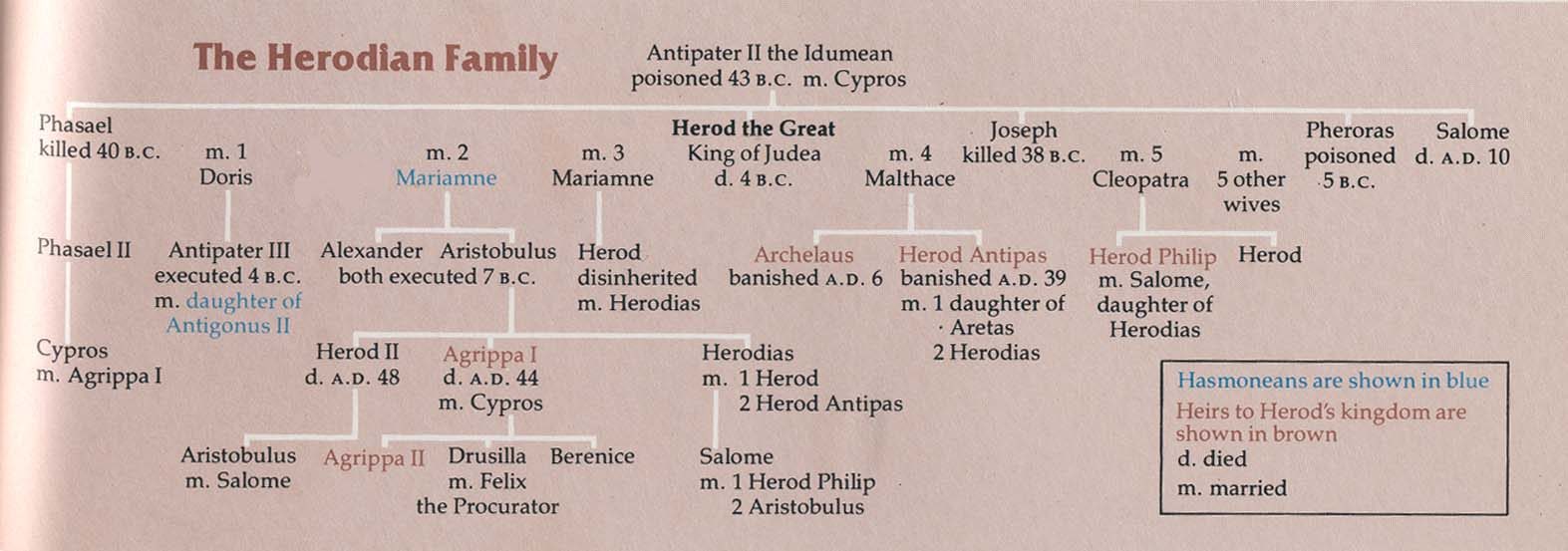
His last order was to arrest thousands of ‘notables’ within Judea and place them in stadia within Jericho. Whereupon his death they would be killed. This would bring about such wailing and sorrow – as Herod wasn’t one to covet such sorrow from his subjects. He was unpopular as: he ruled on behalf of the Romans; and he did not descend from either the Davidic or Hasmonean royal line – an outsider then. Fortunately that order wasn’t actioned. Given the bloodshed we may be aware of in the Middle East over the years, perhaps that might really resonate with us today.
‘Killing of the Innocents’
Which brings us to the ‘Killing of the Innocents’ for within nativity plays this aspect “rarely” gets seen…we can guess why perhaps. But the conspiracy of silence speaks volumes.
If Matthew’s intention was to allow the perspective from the past to be seen, the ‘slaughter of the innocents’ drawn from Exodus 1:8-22 then perhaps we might see some correlation.
Though it’s true we have no corroboration of this atrocity outside of Matthew’s Gospel, the account is in keeping with what we know about Herod’s ruthless methods. Matthew tells us that the paranoid king sent death squads to Bethlehem — a tiny village just three miles from the Herodium palace — with the ghastly instructions to kill all male babies under the age of two. The terrible massacre is commensurate with the predictable reaction of frightened kings and kingdoms who always deal in death — whether it’s death squads by night or Predator drones by day.
Brain Zahnd
There’s no real evidence for this atrocity however. Mueller writes “Herod is best known for slaughtering every male infant in Bethlehem in an attempt to kill Jesus. He is almost certainly innocent of this crime” [1] Even Roman historians didn’t cover the scandal. Given the size of Bethlehem at the time, it is estimated that the number of infants who might have been there would total approximately 20.
But it speaks of tyrants who, centuries before and centuries past, have killed mercilessly, trampled over the humanity of society for their gain and popularity. Perhaps that might really resonate with us today.
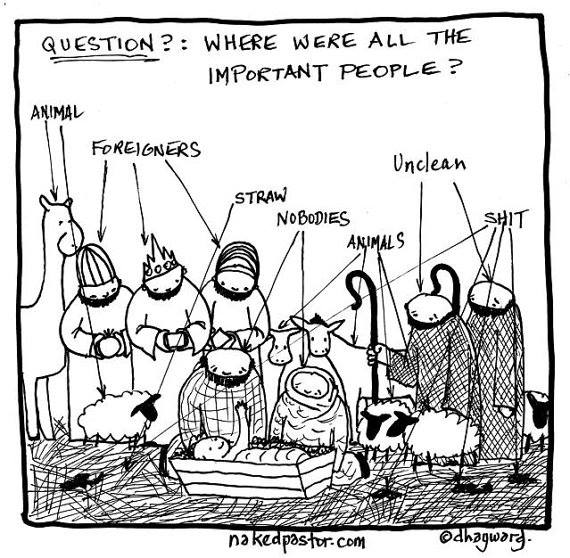
Travel Corridor to Egypt
And so the couple with Jesus flee to Egypt, again enveloping the rich Jewish history contained within Hosea, or perhaps that Jesus is the new Moses. The couple were to cross the sea of wilderness to Jewish enclaves within Egypt. Here they would find solace and comfort, away from the tyrants in their homeland. It is believed that they may have stayed at El Matareya, a suburb in the north east of modern Cairo, before venturing back to Palestine. Joseph is told to go back to Judea but instead goes to Nazareth, his home town. Can we resist God’s instructions then, or is this a parable?
It is debated whether they ever did go to Egypt, but does it matter?
Where are we heading?
Throughout this Matthew Nativity we have been drawn to stories which resonate with us today. Of couples seeking love, despite conditions which may fail to meet the expectations of society. Here love protects the other from harmful comments or even attack. A baby is born to free, not only their kinfolk but all people. That Gentiles were to travel from afar and bring gifts of such great value.That a puppet king were to create such hatred amongst their subjects that an atrocity is devised so horrific, but that we have heard of in many areas of the world. That the couple were to be reported fleeing as refugees again echoes so much of today.
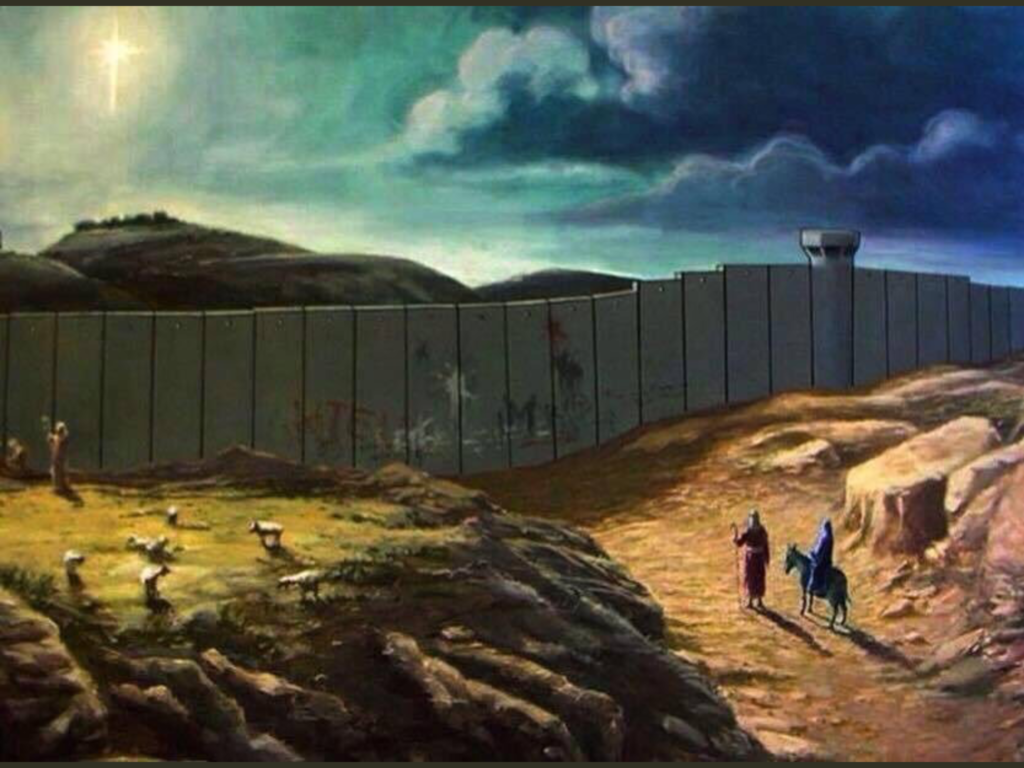
In all this: perhaps that might really resonate with us today.
Perhaps the Nativity according to Matthew is one that spans time. It speaks of atrocities then, which we can easily relate to today, whenever we had lived. However, it offers hope. In Jesus’ birth, we may see the fulfilment of many prophecies from the Hebrew Scriptures. we see the start of a journey taking us to the Cross, but also one where our society may be changed, subverted, to bring the opposite of tyranny but peace.
Look for Jesus in the other, and in yourself.
My message from 2019 echoes this thread as well.
[1] Herod and the Infants of Bethlehem. Pp. 169-189 in Chronos, Kairos, Christos II. Edited by E. J. Vardaman. Macon, GA: Mercer University. Mueller, Tom
2 thoughts on “Which Nativity should we choose ? (Part 2)”
Comments are closed.